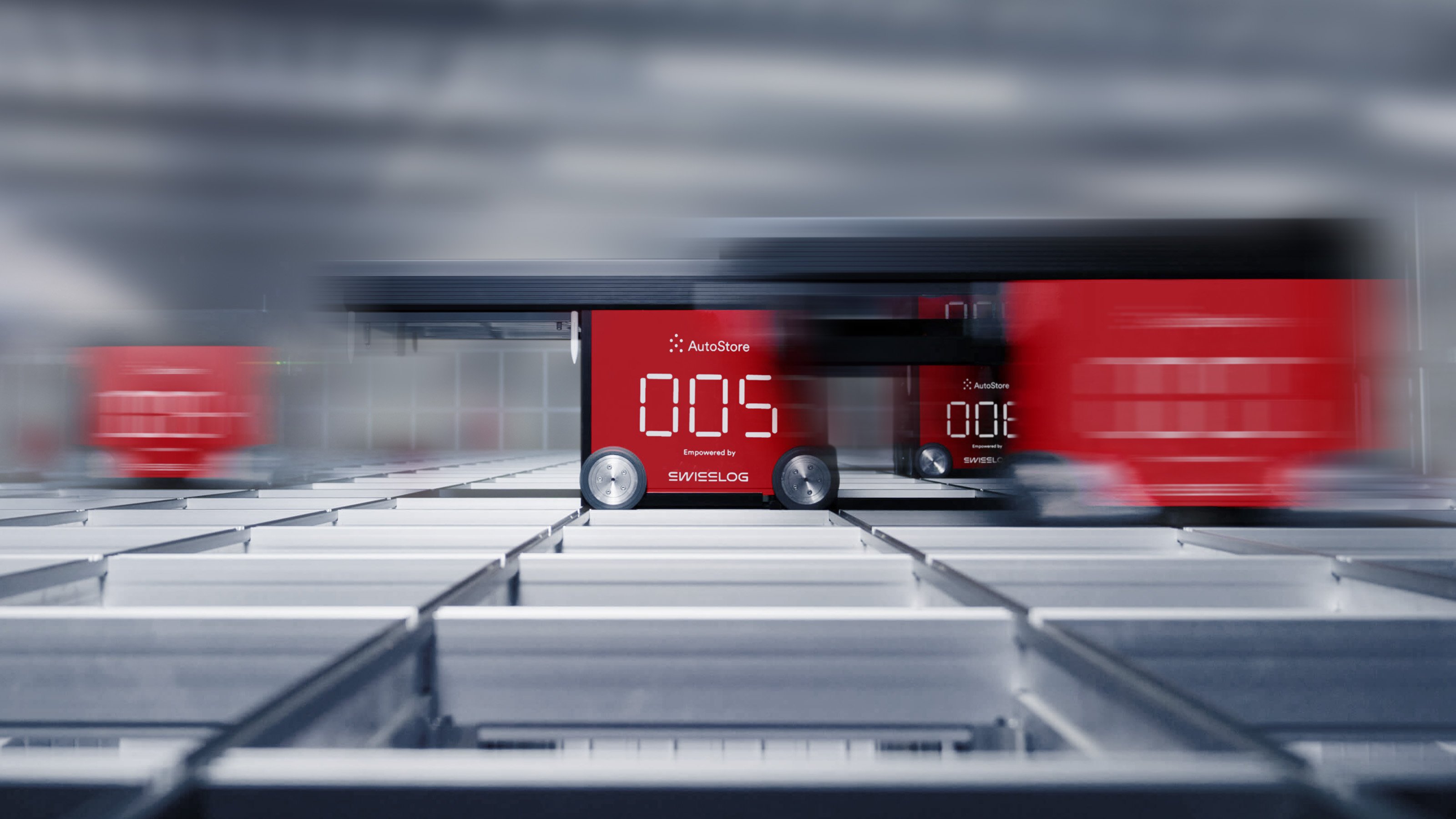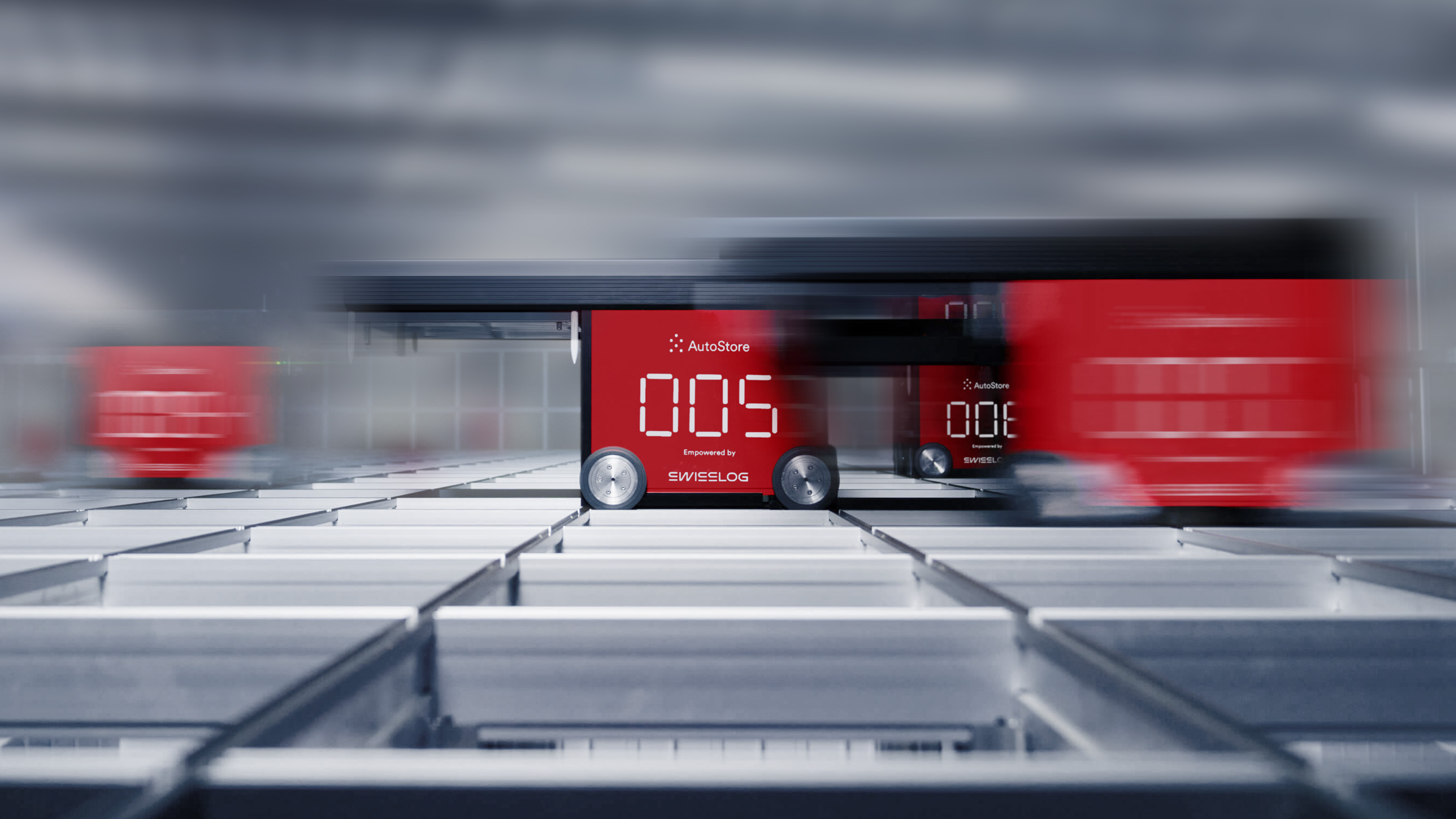Top four ways automation enhances customer experience

1. Order correctness
Too often, operational efficiency comes with high risk to the customer experience when relying on an entirely manual process. Each step in the process is both costly and increases the opportunity for error.
Each step, from unloading to manual storage to picking, and packing has certain associated costs. Cost-per-pick is a very commonly tracked KPI, but the cost of poor quality is often both overlooked and undervalued, even when the result is unhappy customers. After all, customer retention is the key to long-term business success, and there’s only one shot to make each impression.
If you have ever received a package of incorrect or missing items, you know the burden on both the customer and the business to correct it. Calls to customer support, repeat shipping costs, risk of customer churn… the costs add up. Automating a fulfillment process is an easy way to lower the cost of poor quality and increase customer satisfaction. Swisslog customers report high satisfaction levels with our SynQ software, which includes:
- A standard interface to any ERP system
- Business intelligence tools for KPI tracking
- 24/7 support from Swisslog experts
Automation with a “brain” like SynQ optimizes the warehouse workload, organizes inventory, and ensures high quality throughout the fulfillment lifecycle.
2. Available inventory
To most consumers, peak season is synonymous with Black Friday or Cyber Monday. But to those outside of e-commerce, a peak season can be any time of year. For example, healthcare distribution tends to peak in the winter, while construction and home improvement see peaks in the summer. And don’t forget back-to-school!
When inventory isn’t replenished quickly or reliably—especially during peak times—consequences are a poor customer experience and lost sales. If a customer finds that your store repeatedly lacks the products they seek, they’ll shop elsewhere, both in the short term (that frustrated sale) and the long term (choosing a more reliable source). Faster replenishment times and great inventory accuracy are key to fulfilling a sale during peak times. Automation can provide system-managed inventory that tracks real-time data, so replenishments can be swiftly scheduled to prevent the order of out-of-stock items.
3. Flexible pickup and delivery
When consumers’ top two buying reasons are price and convenience, it’s important to provide flexible buying and fulfilling options. Nowadays, micro-fulfillment enables same-day service and access to dense population centers. It was once considered the extreme end of e-commerce but, despite criticism, has proven to be a sustainable, customer-centric fulfillment model.
Imagine a customer placing a grocery order that contains ground beef, ice cream, a hot rotisserie chicken, eggs, and laundry detergent. It’s essential to get these items picked, packed, and delivered before the ice cream melts or the meat risks spoilage. Micro-fulfillment employees have the added pressure to pack orders to maintain order integrity. Packing the laundry detergent in the same bag as the eggs could break the eggs. Placing the rotisserie chicken on top of the ice cream can melt the ice cream. Micro-fulfillment often requires flexible workflows with lead times under two hours; uncertain demand needs swift execution.

Automation is one business tool among many needed to empower direct-to-consumer and micro-fulfillment. Automated picking leaves human staff more time to pack goods intelligently and maintain order integrity. Orders that arrive on time and fully intact are critical to building positive experiences and high customer retention rates.
4. Speedy delivery
Finding and sustaining high-quality and seasonal labor can be challenging. As a result, warehouses that rely completely on human labor may sacrifice substantial productive time if they can’t find enough workers or cost more due to repeated overtime for other workers. This is the number one reason for delayed shipments and negative customer experiences. With the industry norm becoming fast and free shipping, there’s nothing worse than paying for an order to arrive late.
Integrating automation into existing systems can increase productive time, especially during peak seasons and off-hours. Automation reduces picking errors and the dependency on laborer availability. It also means that warehouse employees can focus on value-add tasks, like quality audits and additional services. With a solution like the compact AutoStore, integrated by Swisslog and powered by SynQ software, warehouses get speed and increased precision. According to Daniël van Gool, Director, E-Commerce Network & Fulfillment Strategy, The GIANT Company’s Swisslog AutoStore integration allows them to “get up to pick speeds of over 500 units per hour, which is triple what we can achieve in a manual pick.”
Automation can improve the customer experience
Customers expect speed and accuracy that manual processes often struggle to meet. Integrating automation lets warehouses maximize their human staff by assigning low-value tasks to robots, resulting in:
- Fewer errors
- Available inventory
- Flexible options
- Speedy delivery.
Swisslog has solutions for automated storage, retrieval, and picking that help create a more positive consumer experience. Want to learn more? Check out this presentation by me and my colleague, Colman Roche, from MODEX 2024, “Enhancing Customer Experience with Automated Order Fulfillment.”

AutoStore offers superior density, throughput, and availability for warehouses. Powered by Swisslog’s SynQ software, it provides significant ROI where applicable, although it isn’t right for everyone.












